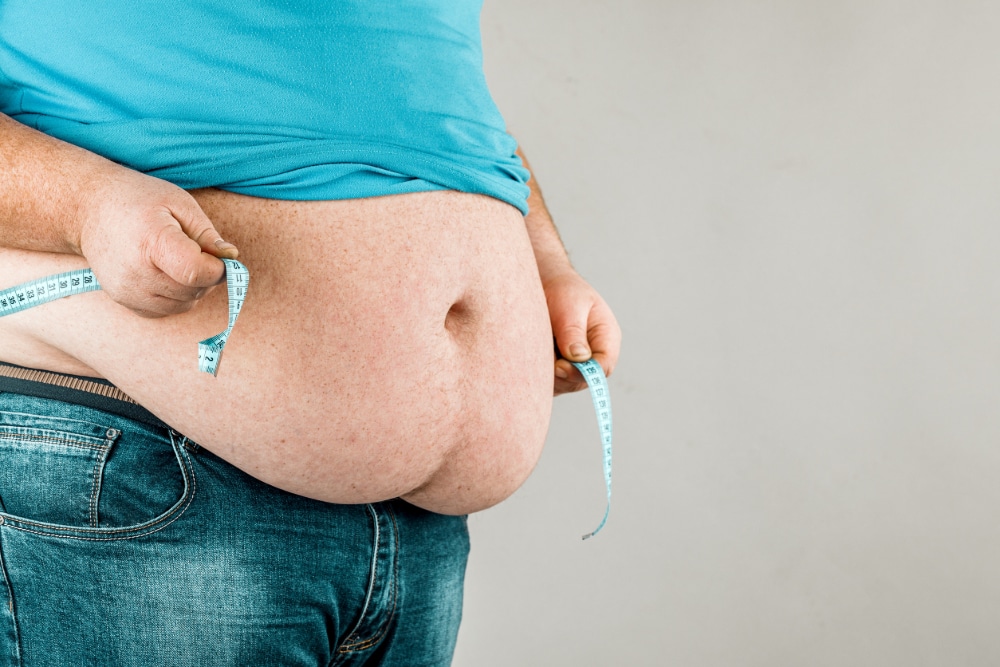The Role of the Gut Microbiome in Addiction

A fascinating conversation took place on February 13 between two prominent researchers and Colleen Leahy, the producer of Wisconsin Public Radio’s program, Wisconsin Today, concerning the relationship between the brain, the gut microbiome, and addiction.
First up is Vanessa Sperandio, Professor and Department Chair of Medical Microbiology & Immunology at the University of Wisconsin. Sperandio is head of the Vanessa Sperandio Lab at UW which focuses on the gut-brain-axis, leading to:
[N]ew insights into drug addiction, and repurposing of agonists and antagonists of the adrenergic, serotonergic and endocannabinoid systems as potential novel anti-bacterial therapies.
The gut microbiome is the community of bacteria that lives in the human intestinal tract. Altogether, it weighs about as much as the human brain, and it reacts to neurotransmitters in a manner similar to the brain. Biochemistry Journal says of the gut microbiome:
Intestinal bacteria play a crucial role in maintaining immune and metabolic homeostasis and protecting against pathogens.
Sperandio explains to Leahy that E. coli lives in all our intestines, all the time. However, when it blooms, it correlates with increased cocaine-seeking behaviors. “These bacteria act like neurotransmitters and produce neurotransmitters,” Leahy summarizes.
Also speaking with Leahy was Margaret “Maggie” Alexander, Assistant Professor of Medical Microbiology & Immunology at UW, who studies the relationship between microbiota and immunity. Right now, she is focused on the impacts of a low-carb, ketogenic diet on multiple sclerosis (MS).
The ketogenic diet has been used as a treatment for epilepsy for a hundred years. It is still prescribed for seizures when other medications have proven to be ineffective. It involves restricting the amount of glucose the body can make until “the brain adapts to lower levels of available glucose by changing its fuel source to rely on ketone bodies for energy,” a state known as “ketosis.”
Last year, researchers at Stanford University published the results of a four-month study on using the ketogenic diet to treat schizophrenia and bipolar disorder. Twenty-three participants were recruited and those who did not withdraw reported:
- 12% reduction in weight
- 12% reduction in BMI
- 13% reduction in waist circumference
- 36% reduction in visceral adipose tissue
Regarding psychiatric measurements, researchers cite a 32% reduction in scores on the Brief Psychiatric Rating Scale. Further, “Psychiatric outcomes across the cohort encompassed increased life satisfaction (17%) and enhanced sleep quality (19%).”
Researchers at UCLA documented the role of the gut microbiome in eating addiction in a 2020 review article for Nature Reviews Gastroenterology & Hepatology. “Each component of the [brain-gut-microbiome] BGM axis has been implicated in the development of food addiction, with both brain to gut and gut to brain signalling playing a role,” write the researchers.
It is not surprising, then, that weight loss drugs based on GLP-1 receptor agonists, such as Ozempic, Wegovy, Mounjaro, and Zepbound, are not only effective against eating addiction but also show signs of being effective at treating substance use disorders.
While vast sums of funds have been expended understanding the connection between the brain and addiction, comparatively little has been spent researching the gut and addiction. We hope the work of these UW scientists inspires further studies into the relationship between the gut microbiome and addiction.
Written by Steve O’Keefe. First published February 25, 2025.
Sources:
“The relationship between the gut and brain has an effect on addiction, disease and behavior,” Wisconsin Today, February 13, 2025.
“Introduction to the human gut microbiota,” Biochemistry Journal, May 16, 2017.
“Pilot study shows ketogenic diet improves severe mental illness,” Stanford Medicine, April 1, 2024.
“Ketogenic Diet Intervention on Metabolic and Psychiatric Health in Bipolar and Schizophrenia: A Pilot Trial,” Psychiatry Research, May 2024
“Brain–gut–microbiome interactions in obesity and food addiction,” Nature Reviews Gastroenterology & Hepatology, August 27, 2020.
Image Copyright: fusssergei.




